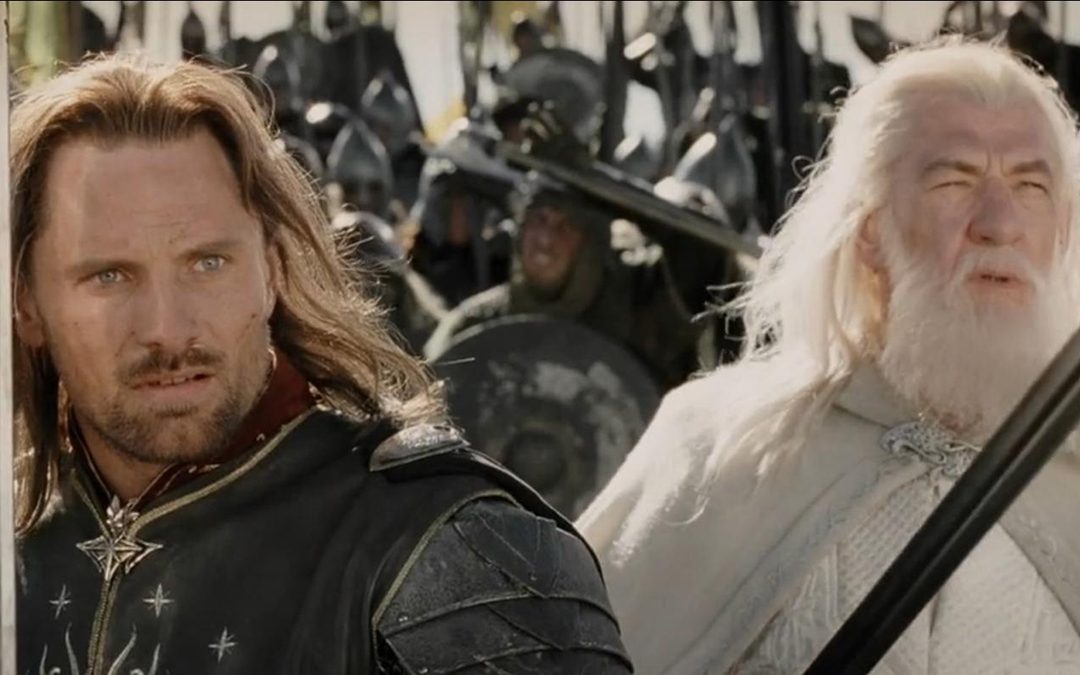The announcement of this year’s Oscar nominations saw Marvel’s Black Panther become the first superhero movie to ever make the Best Picture list. Given this is the 91st Academy Awards, that’s both impressive and surprising.
It’s no secret, though, that Oscar often ignores genre movies for the big awards (and by that we primarily mean horror, sci-fi and fantasy), largely speaking favouring dramas.
There are, of course, exceptions. Here are some of the notable times genre movies bucked the trend and bagged the biggies.
(It’s worth noting that we’re focusing on Best Picture recognition and big hauls here, hence we haven’t included Heath Ledger’s Best Supporting Actor win for The Dark Knight, or the countless visual effects, make-up, production and sound awards that have been picked up by genre movies over the years.)
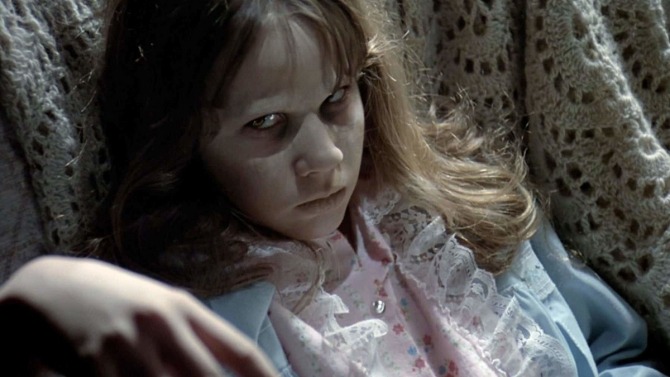
The Exorcist
The first out-and-out horror film to bag a Best Picture nomination was William Friedkin’s The Exorcist. Based on the bestselling novel by William Peter Blatty (itself inspired by a real case), The Exorcist was both a critical and commercial success, scooping up 10 Oscar nominations including Best Picture and Best Director. It didn’t win either of those, though it did take home Best Adapted Screenplay and Best Sound Mixing.
Definitely horror (none of this ‘psychological thriller’ business here) but wrestling with big themes like grief, loss of faith and fear of teenage girls, The Exorcist is often cited as one of the greatest horror movies ever made – so you’d hope that it would get some acknowledgment. It didn’t hurt that Friedkin was hot off The French Connection, which won Best Picture and Best Best Director two years previously.
The only other sort of genre film to win big before that was Alfred Hitchcock’s Rebecca, which isn’t out-and-out horror but certainly has a creepy bent.
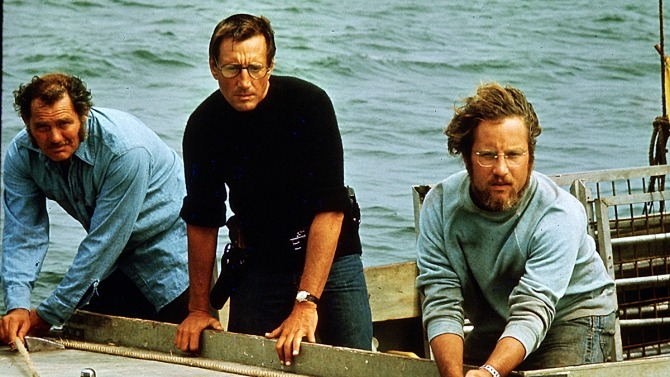
The rise of the blockbusters
The New Hollywood movement of the 1970s saw the rise of two of genre moviemaking’s highest-profile figureheads: Steven Spielberg and George Lucas. The two young and beardy directors helped to inspire a sea change in American cinema by kickstarting the rise of the blockbuster as we know it, bringing sci-fi, fantasy and even a dash of horror to mainstream audiences. The Academy couldn’t help but take notice, dishing out a string of Best Picture nominations to Jaws, Star Wars, Raiders Of The Lost Ark and ET: The Extra-Terrestrial – although none of them actually took home the coveted award.
Oscar even pitted the two friends against each other at the 50th Academy Awards in 1978 – both Spielberg and Lucas received a Best Director nom for Close Encounters Of The Third Kind and Star Wars respectively, but ultimately lost out to Woody Allen for Annie Hall (Spielberg didn’t win an Oscar until Schindler’s List, a wartime drama that was much more in the Academy’s wheelhouse).
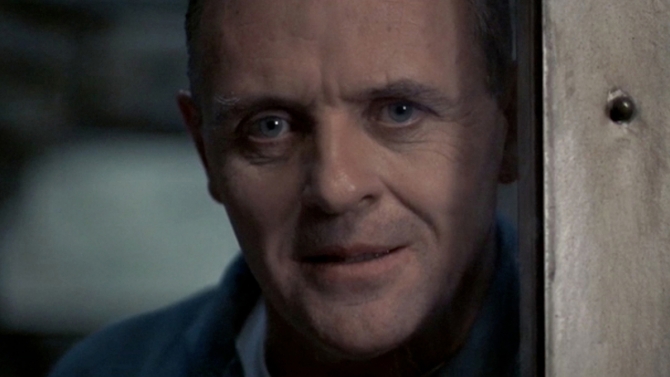
The Silence Of The Lambs
The first horror movie to win the Best Picture Oscar was The Silence Of The Lambs – although many would argue this isn’t a horror film but more a crime thriller. But it’s a story about a serial-killer cannibal helping an FBI agent to track down another killer who plans to skin a woman so he can wear it like a suit… so there are definitely genre trappings here. Plus, that scene in the basement is very freaking scary. The Silence Of The Lambs won all of the big five – that’s Best Picture, Best Director, Best Actor for Anthony Hopkins, Best Actress for Jodie Foster and Best Adapted Screenplay. It’s currently only one of three films to ever achieve that, along with It Happened One Night and One Flew Over The Cuckoo’s Nest.
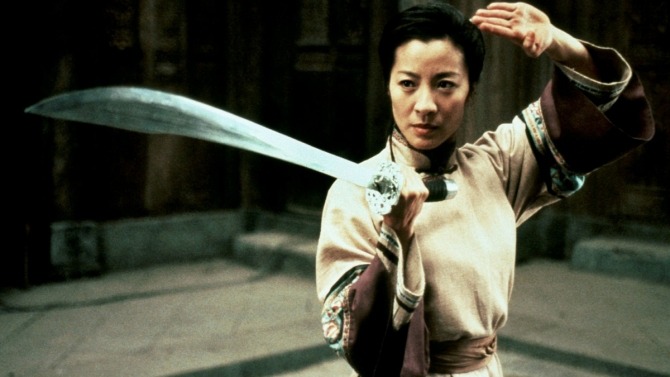
Crouching Tiger, Hidden Dragon
Ang Lee introduced wuxia to the Hollywood studio system in 2000 with his sweeping martial arts epic, which went on to pick up 10 Oscar nominations – the highest-ever number of nods for a foreign-language film, only matched by Roma’s recent haul. That fact that it was nominated for (and won) the Best Foreign Language Film was kind of a given, but its nom for Best Picture marked the first time that a martial-arts movie had been recognised in that category – granted, Lee’s opus carried a bit more arthouse prestige than a lot of martial-arts actioners, but it was still a huge achievement.
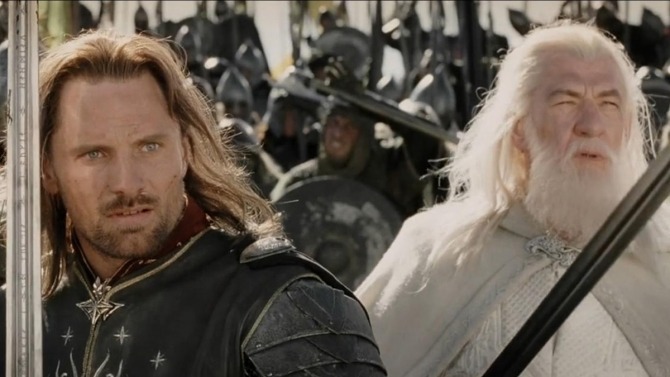
The Lord Of The Rings
Peter Jackson’s unashamed fantasy saga did big business in multiplexes in the early noughties, and there’s no doubting that the ambitious, three-part Tolkien adaptation was a staggering cinematic accomplishment. The first two movies, The Fellowship Of The Ring and The Two Towers, both picked up Best Picture nominations (among others) but were beaten at the final hurdle. It was a different story for trilogy-closer The Return Of The King, though – perhaps in recognition of the whole series’ gargantuan undertaking, it became the first fantasy movie to win Best Picture. In total, it took home 11 awards (winning for all the categories in which it was nominated), tying with Ben-Hur and Titanic for the most Oscar wins ever.
2009: the expansion of the Best Picture award
In 2009, the Academy doubled the number of Best Picture nominees allowed, from five to up to 10. This was apparently a response to a dip in ratings and it allowed space to include more popular films, including genre pics. Since 2009, Best Picture nominees have included Avatar and District 9 (2009), Black Swan and Inception (2010), Hugo (2011), Gravity and Her (2013) Mad Max: Fury Road and The Martian (2015), Arrival (2016) and Get Out in (2017). None of them won, until…
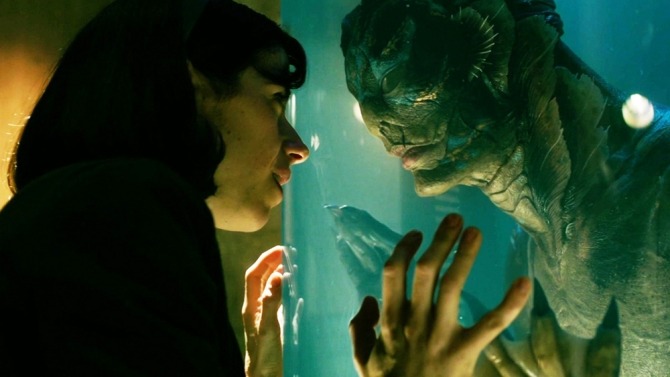
The Shape Of Water
2017 also saw a nomination for Guillermo del Toro’s fairytale fantasy about the love between a deaf woman and a Merman and, much to some people’s surprise, it actually won. The Shape of Water received 13 nominations and won four, including Best Picture and Best Director. Though thematically the movie is a romance, del Toro comes with serious sci-fi and fantasy credentials (plus there’s an actual Merman) so any suggestion that this isn’t actually a genre film doesn’t hold water.
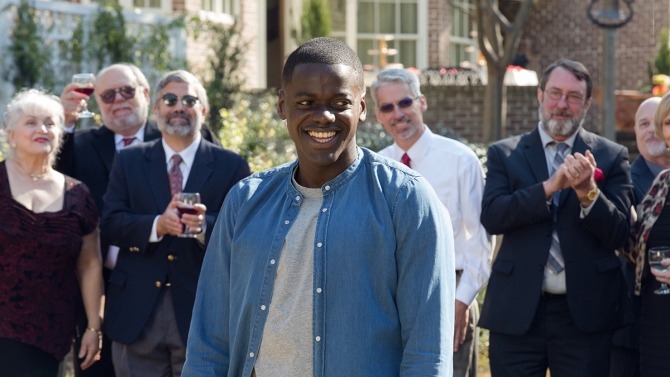
Get Out
And then, as we mentioned, in 2017 there was Get Out. Okay, this didn’t win Best Picture, but its achievement in getting nominated not just for Best Picture but also Best Director for Jordan Peele and Best Actor for Daniel Kaluuya – with Peele actually winning the Best Original Screenplay award – shouldn’t be underestimated. Though Peele remarked that the film was a documentary when it got categorised as a comedy in the Golden Globe noms, there’s no question that Get Out is a horror playing on genre tropes throughout.
The script is razor sharp, the themes incredibly current and the performances excellent across the board but it let’s not forget that this was a chiller made for under $5 million by a first time director for Blumhouse Pictures, the company that brought you Paranormal Activity and Insidious (we’re not knocking Blumhouse here) – that’s a feat almost unheard of, and Peele has become incredibly hot property after the movie’s massive success. He’s a producer on Blackkklansman, which is also up for Best Picture this year, meaning that come February this year he could be the owner of two Oscars. And thankfully for genre fans, he’s sticking with horror for his next directorial effort, Us, which pits a family against a group of home invaders who look just like them. We are, the movie suggests, our own worst enemies.

